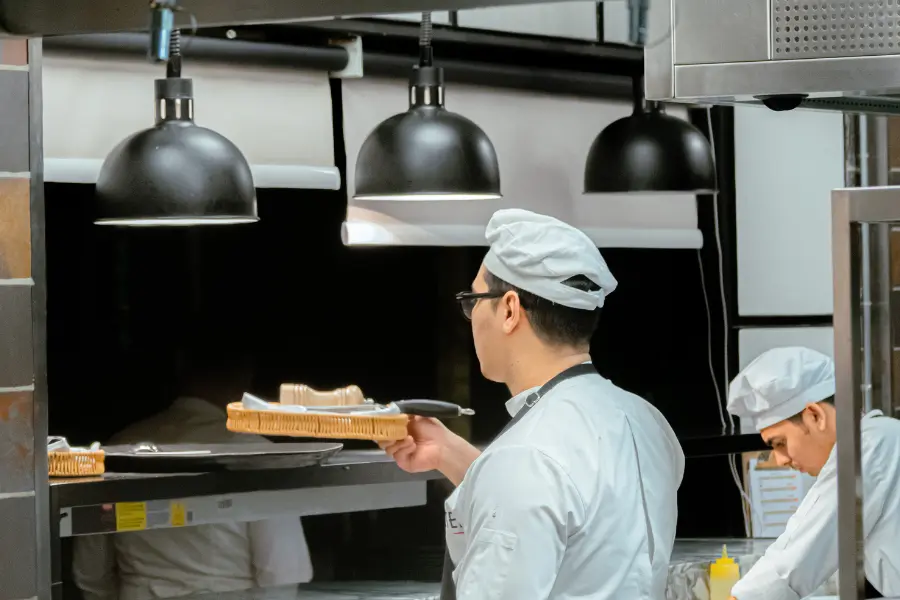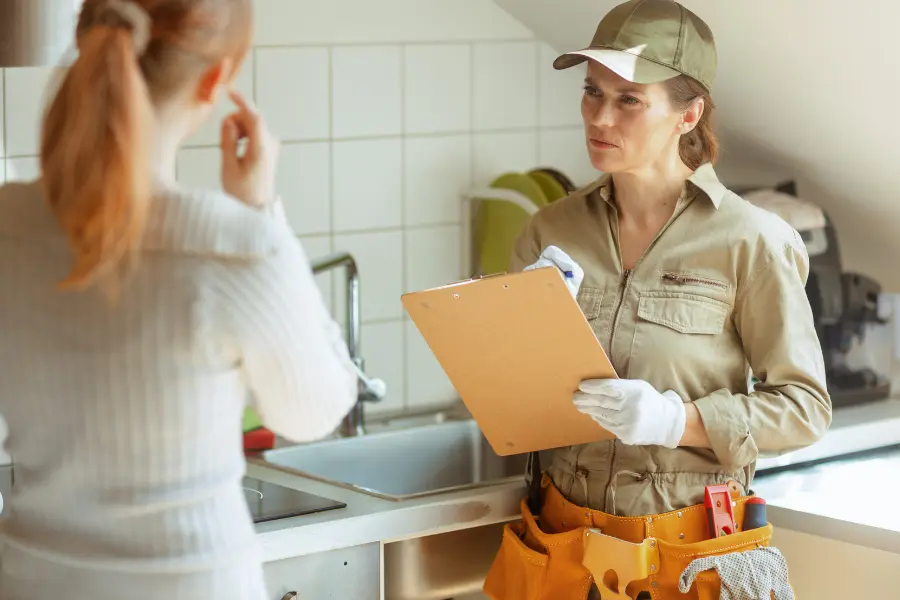In the fast-paced world of hospitality, kitchen safety is more than a requirement—it’s essential for smooth operations. From busy restaurants to large catering services, a single oversight can lead to accidents, contamination, or legal issues. Kitchen consultants play a crucial role in helping businesses create safe, efficient kitchens.
By identifying hazards, implementing safety protocols, and optimizing workflows, these experts help prevent accidents and ensure compliance with health regulations. Here’s how they make a difference.
Spotting Hazards Before They Cause Problems

Kitchens are high-risk environments. Slips, burns, cuts, and contamination are common. A kitchen consultant conducts thorough inspections to uncover both obvious and hidden dangers.
For example, blocked fire exits, improperly stored knives, or cluttered walkways may seem minor but can lead to serious incidents. According to the National Safety Council, kitchen accidents account for over 10% of workplace injuries in foodservice, highlighting the need for proactive safety measures.
Implementing Practical Safety Protocols

Identifying risks is only the first step. Kitchen consultants design safety protocols tailored to each operation. This includes proper handling of hot equipment, food hygiene practices, and chemical storage.
Practical examples include color-coded cutting boards to prevent cross-contamination or scheduled cleaning of grease traps to reduce fire hazards. Staff training ensures these protocols are consistently followed. Businesses that train employees in safety practices often see a 30-50% drop in workplace accidents.
Optimizing Workflow to Reduce Risks

A safe kitchen is also an efficient one. Consultants assess workflows, equipment placement, and traffic patterns to minimize accidents during busy periods.
For instance, separating raw and cooked food prep areas reduces contamination risk. Reorganizing stations to limit unnecessary movement can prevent burns or trips. Streamlined workflows also help staff work confidently, improving both safety and productivity.
Ensuring Compliance With Health Regulations

Compliance with health and safety laws is vital. Kitchen consultants guide businesses through regulations, inspections, and certifications like HACCP.
This includes maintaining proper documentation, training records, and sanitation practices. Compliance protects staff and customers while boosting the establishment’s reputation—a major advantage in a competitive industry.
Conclusion

Prioritizing kitchen safety is essential for every hospitality business. Kitchen consultants bridge the gap between risk and reassurance by identifying hazards, implementing safety protocols, optimizing workflows, and ensuring compliance.
Investing in expert guidance protects staff, customers, and your brand, creating a safer, more efficient kitchen environment. Remember: in the culinary world, it’s always best to put Safety First.